the work of water
I believe the ocean remembers more than the archives do. I believe its remembering is a kind of justice that cannot be erased, rolling forward in salt that stings and cleans in the same breath, reminding us that healing and reckoning move in the same tide.
I believe every wave is a witness, that the water keeps count of every name that was taken. I believe the wind still carries their syllables inland, pressing them into our mouths each time we speak of freedom.
I believe I come from those who crossed unwilling and still crossed— from the ones who refused to vanish the way history required, from the ones who turned rope into rhythm, hunger into song. I believe their music still hums in the undertow when I am tired.
I believe forgetting is not survival; it is surrender. And I believe survival without memory is no survival at all, because I’ve seen comfort scab over a wound and dare to call itself healing while the bleeding goes on.
⸻
I believe the Atlantic is not a border but a sentence unfinished, its subject and verb still searching beneath the foam. I was born to finish that sentence with my own mouth— to make language out of water, and vow out of breath.
The sea does not forgive. And that’s all right. Forgiveness was never asked for. What the dead wanted was this: that we tell the truth with the same force that tried to silence it. I know the body keeps the weather of its ancestors, that salt settles in the bones like a vow. When the wind cuts through my coat, it’s only reminding me whose work I belong to.
I’m standing where the tide knows my name without needing my voice to say it. That kind of knowing— it’s the closest thing I’ve found to mercy.
If I forget, salt my mouth until the truth burns clean again. If I falter, harden the ground so I remember what I stand on. If I shrink, widen the horizon until fear has no corner left to hide. If I go silent, let the horn in the fog call me back to the living.
⸻
This is the work: to remember, to make, to return— to carry others with me. To call the tide by its real name when I can hear it, and teach my breath to move in time with the sea.
We were never cargo. We were chorus. Still are. Still singing.
The song is the bridge. The bridge is the future.
The ocean is not blue. It is work. And the work is love in its hardest, truest form— a love that lifts, that names, that refuses to forget.
Because of this, I will not look away. I will not mistake rest for freedom. I will not mistake quiet for peace.
I will return to the water until the water returns to me. I will keep my hands open to the wind. I will speak, even when my voice is salt.
I will remember. And I will build.
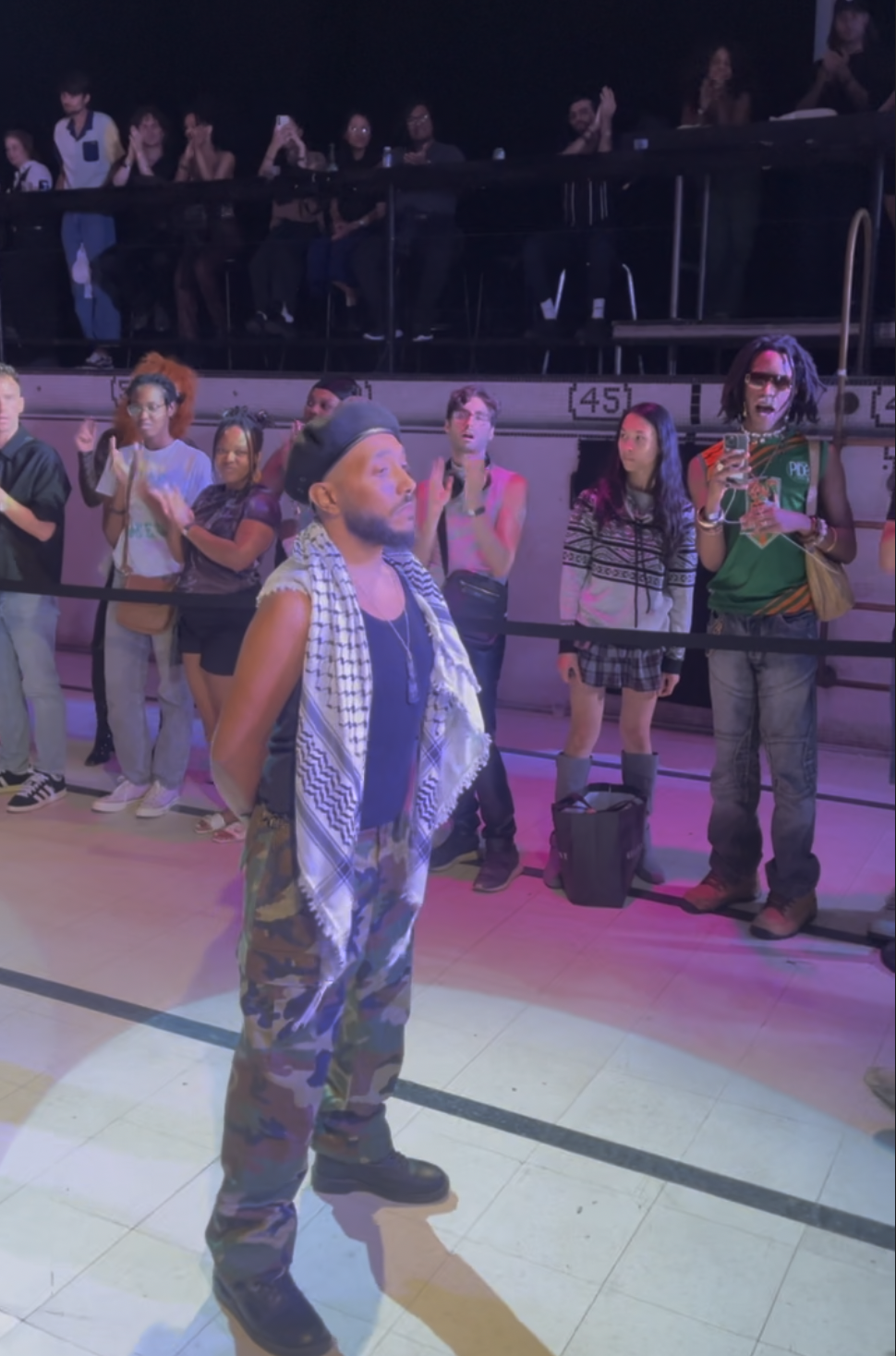
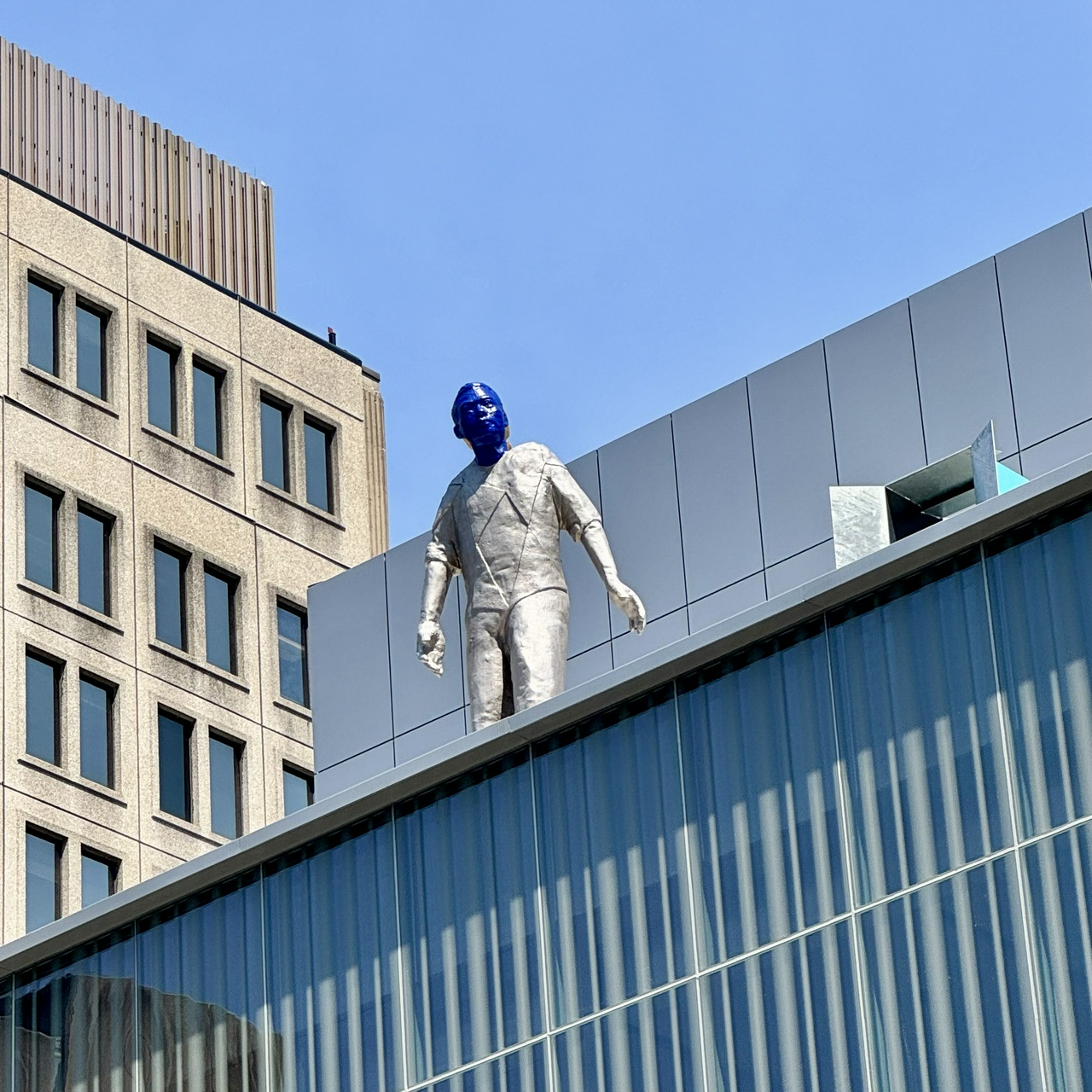
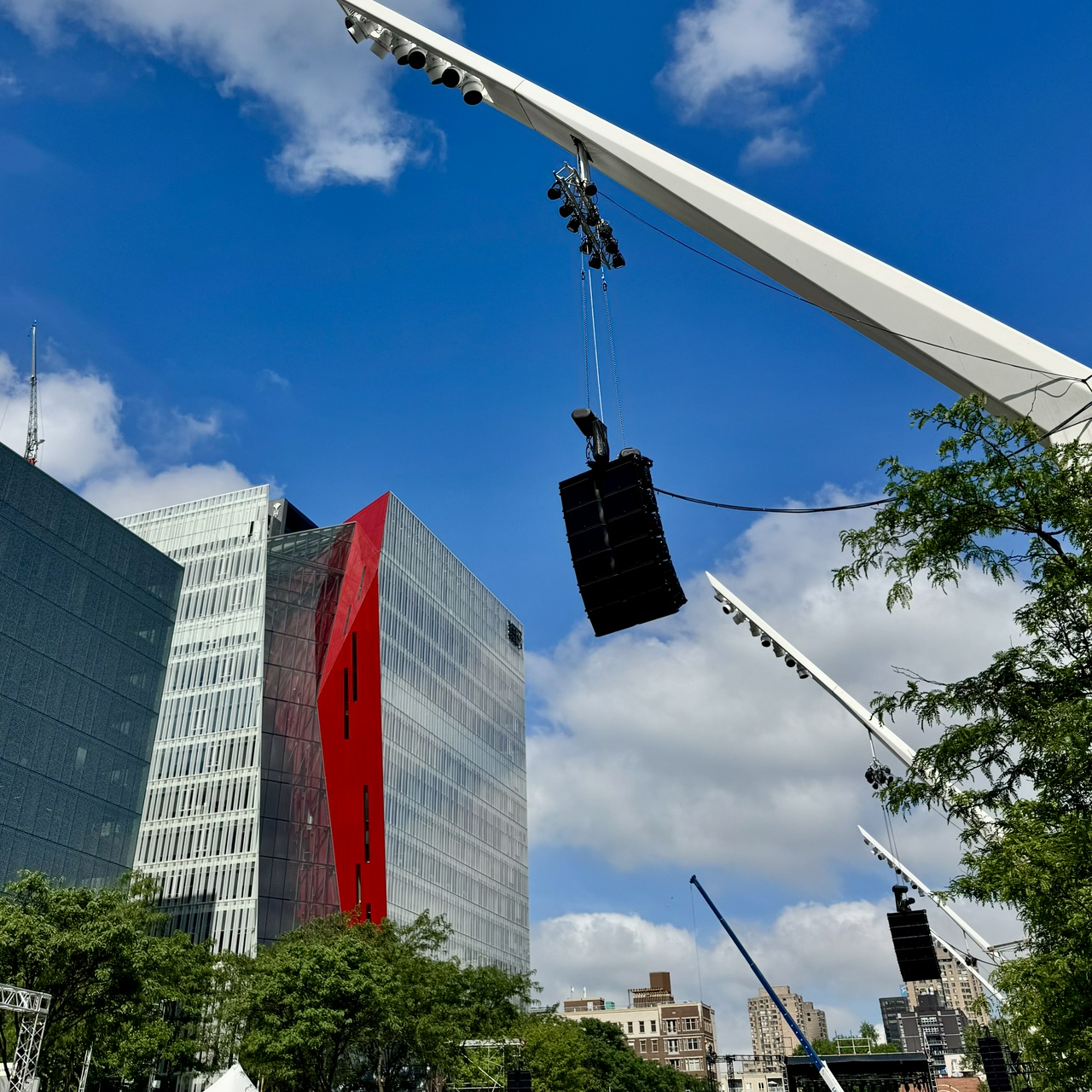
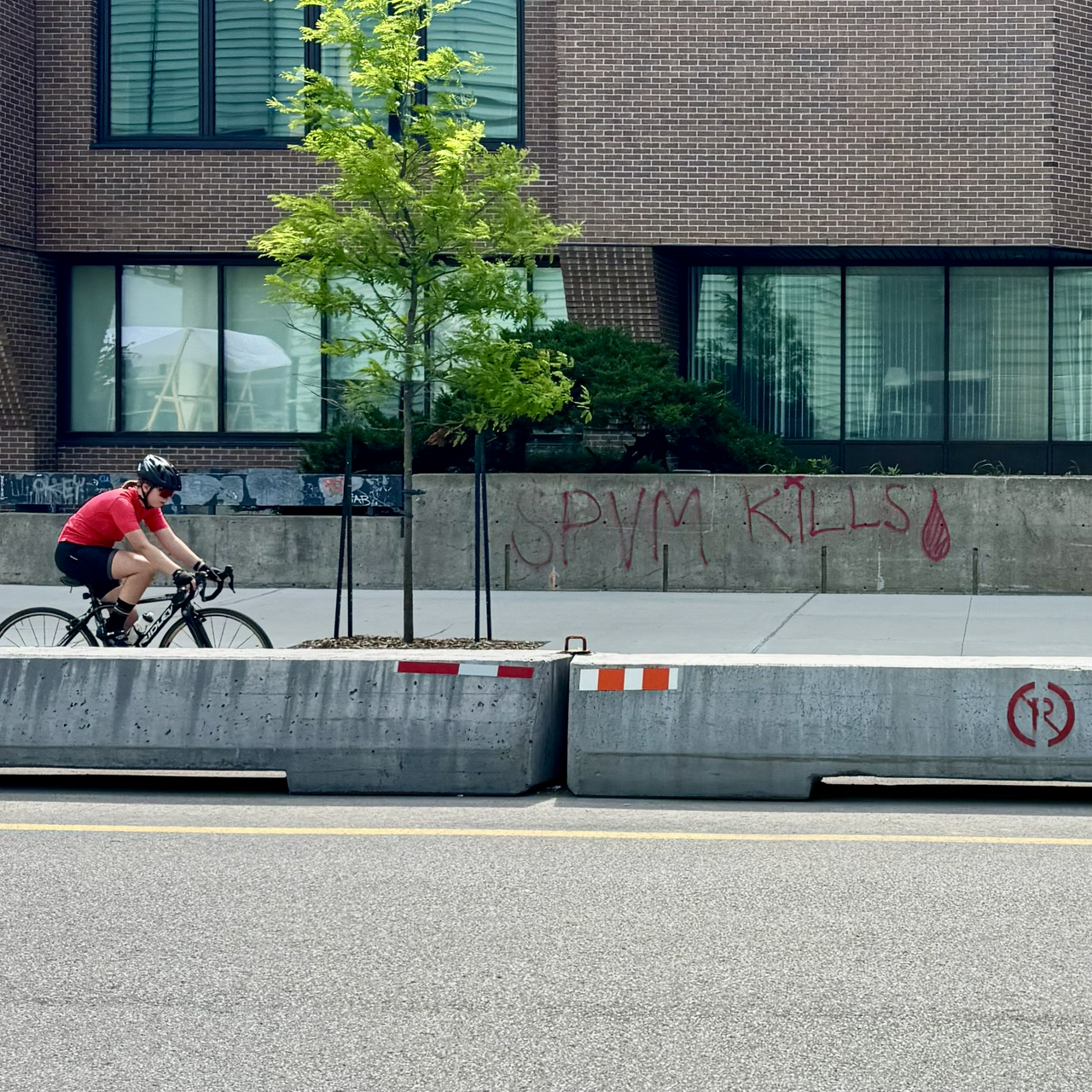
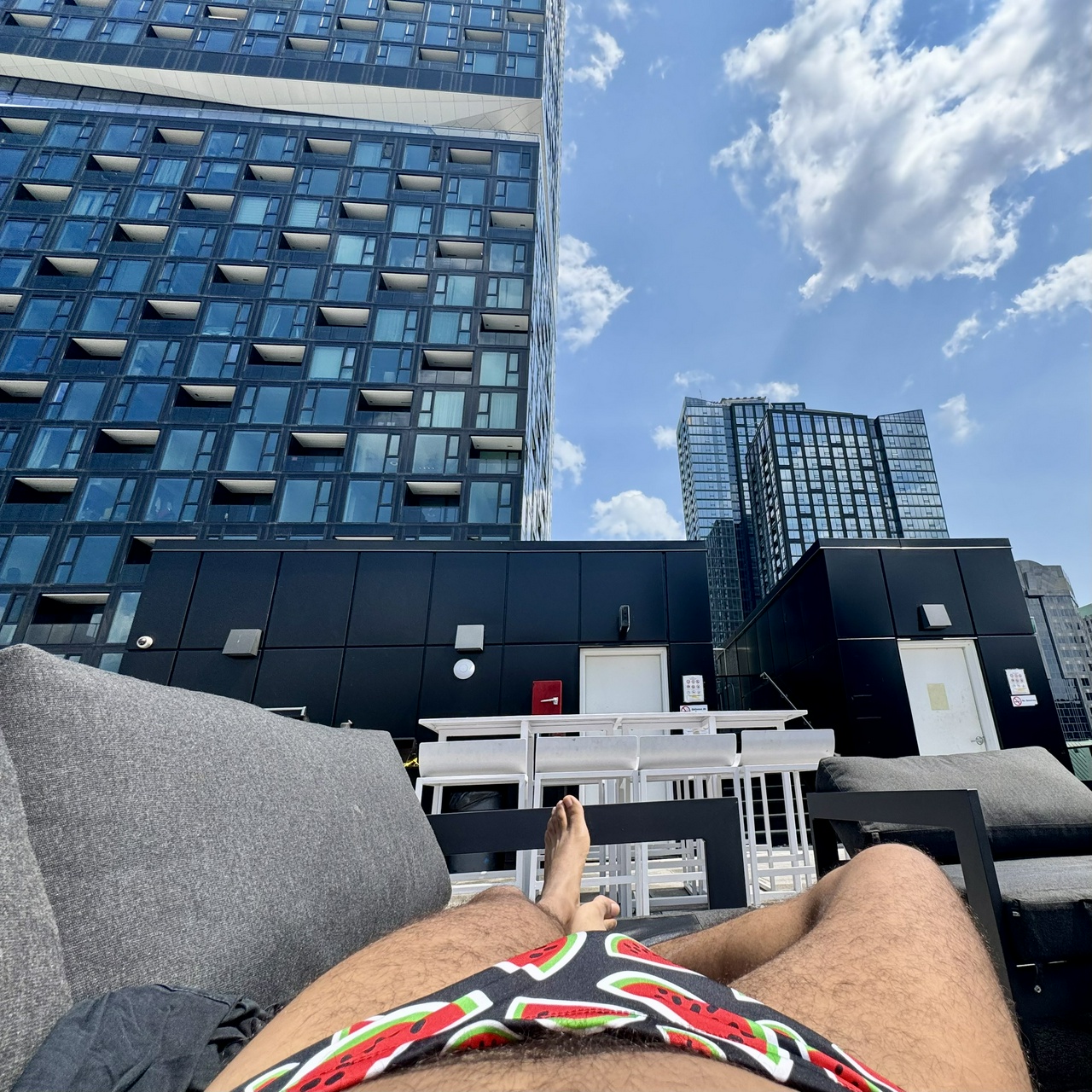 steel and glass above me.
heat on the thighs.
watermelon trunks,
black towers,
a view that costs too much.
but i’m here anyway.
resting in the contradiction.
steel and glass above me.
heat on the thighs.
watermelon trunks,
black towers,
a view that costs too much.
but i’m here anyway.
resting in the contradiction.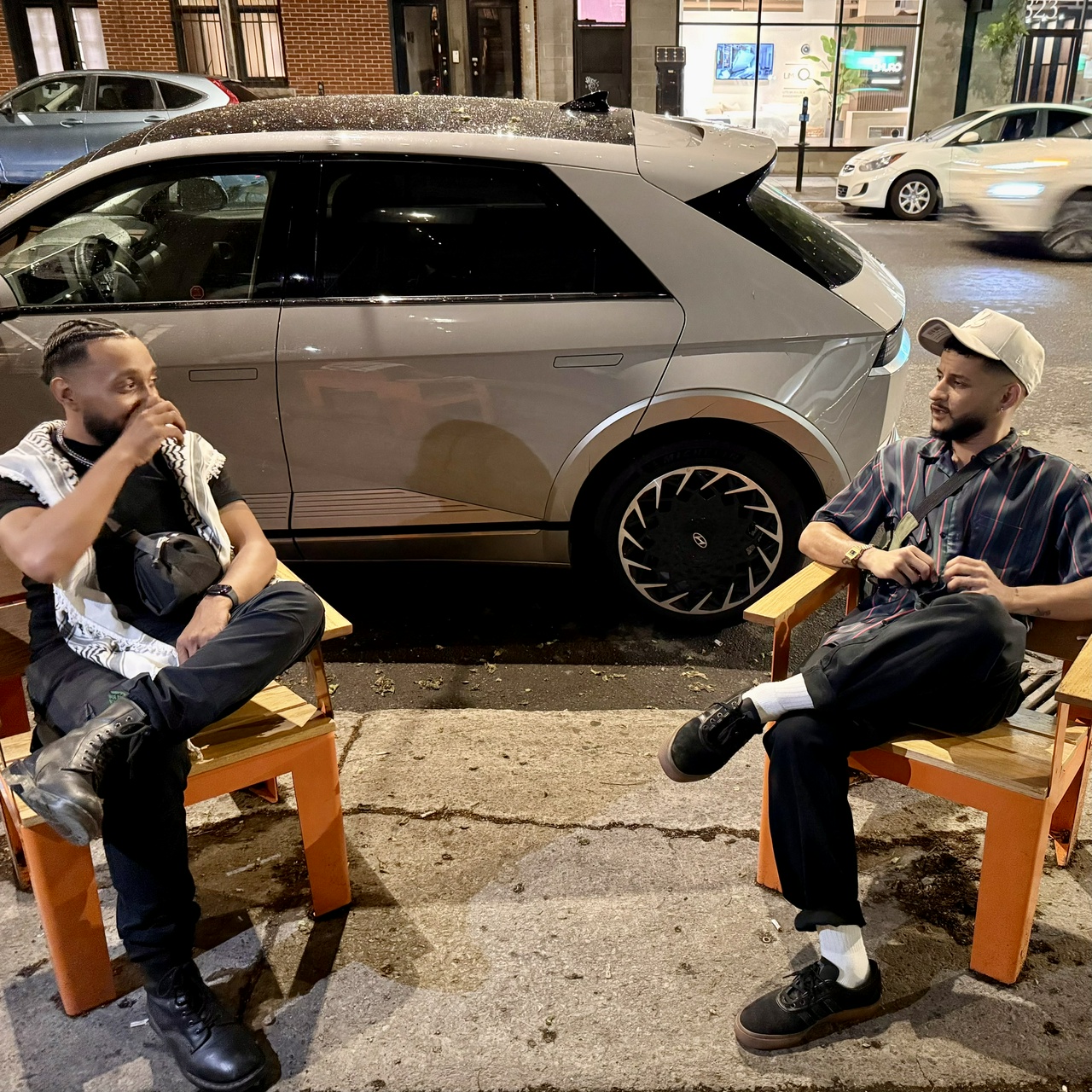
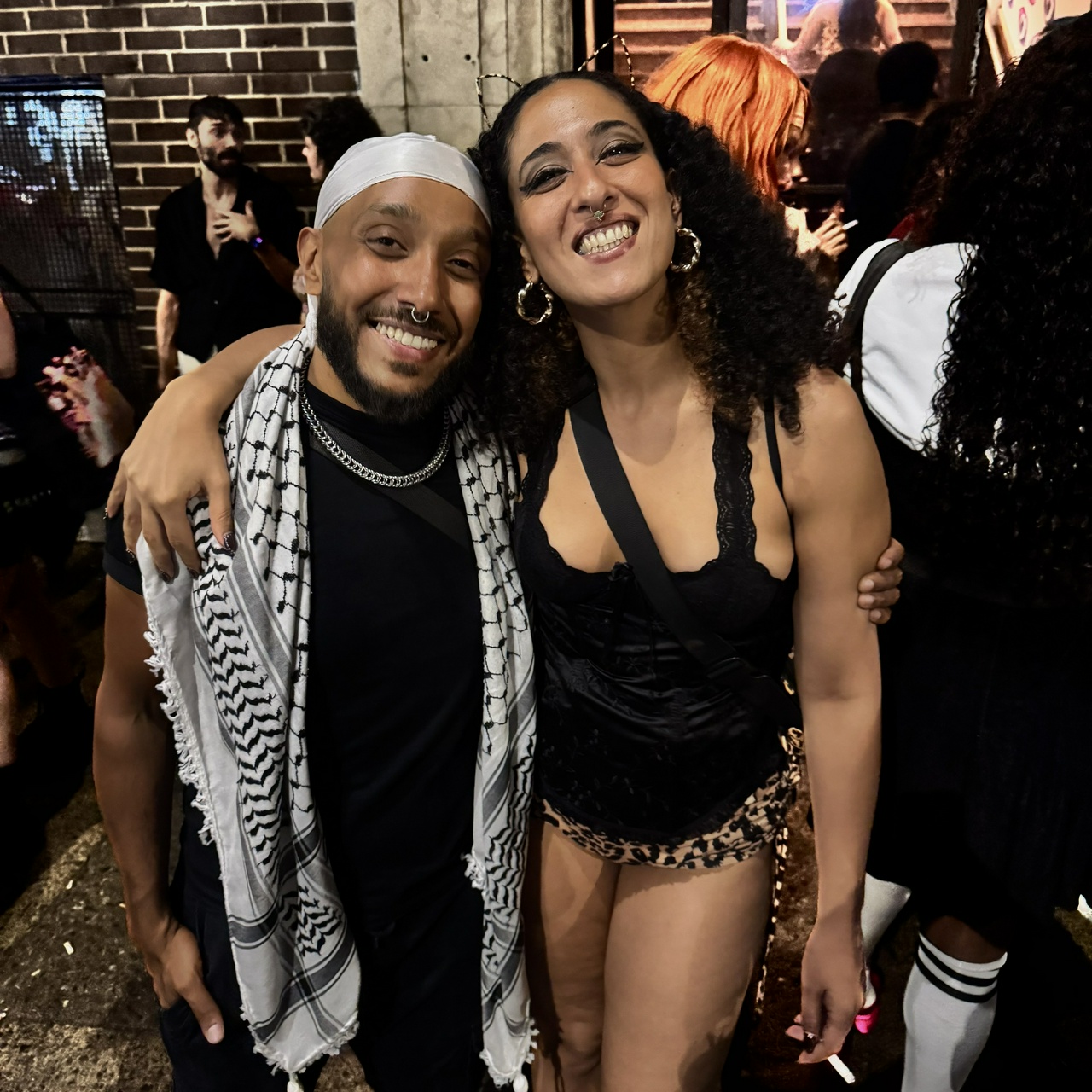
 for one of my best ones.
the candles held.
so did we.
strawberries, sugar, a whole lot of light.
for one of my best ones.
the candles held.
so did we.
strawberries, sugar, a whole lot of light.